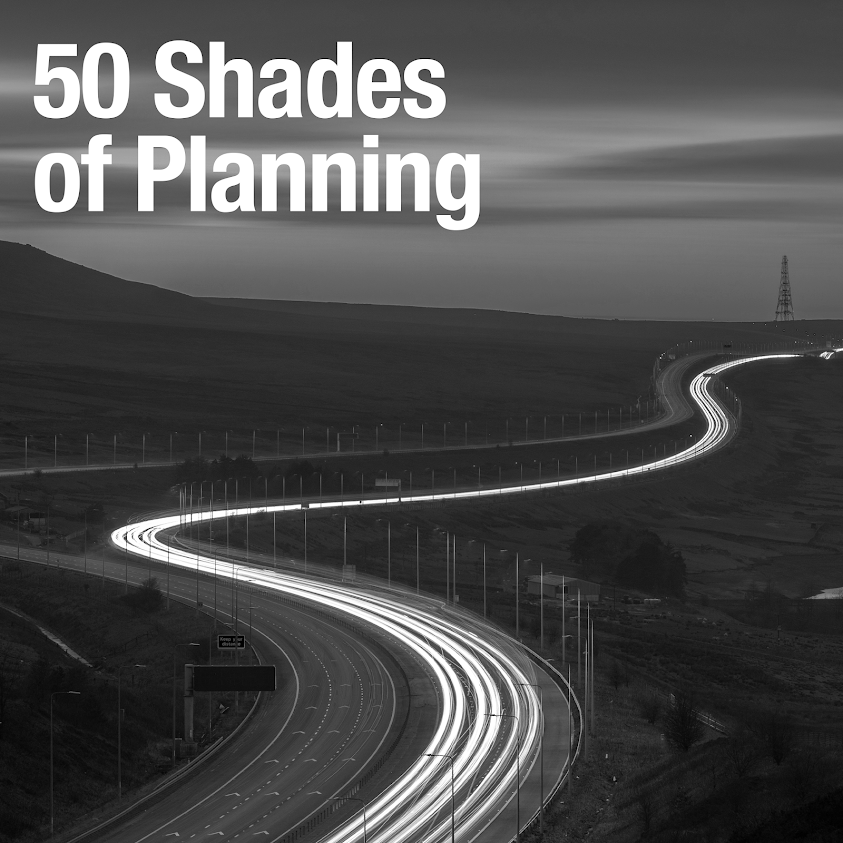“This government is committed to localism and greater local decision-making in planning. The flawed top-down targets of regional planning, centrally imposing development upon communities, built nothing but resentment. They will hang over communities no more."
Planners would not need three guesses to attribute that quote to Eric Pickles, speaking earlier this year as the last of the Regional Spatial Strategies was abolished.
What though is the practical difference to a local community of a Borough-wide housing target 'imposed' by a former regional assembly, and the Planning Inspectorate raising concerns about the soundness of a local plan because of a failure to address full and objectively assessed housing need?
The difference to the layperson is negligible because in both scenarios their Council's housing requirement is ultimately set by an 'unelected and unaccountable quangocrat' telling a LPA what it's annual requirement should be.
There was welcome clarity from Nick Boles yesterday, who told the Conservative Party Conference that it is the role of national government to insist that local authorities are meeting their housing needs. This, in practice, is what is already happening and will continue to happen through the local plan examination process, and so it is this message that needs communicating to communities by politicians at all levels and of all hues, not the continued promise of control at local level.
The real control at local level is over where development occurs, not at what level development occurs, and if the expectation of local communities could be better managed, in tandem with better opportunities to engage in neighbourhood planning, then the easier it would be for all concerned to get local plans adopted.

Comments
Post a Comment